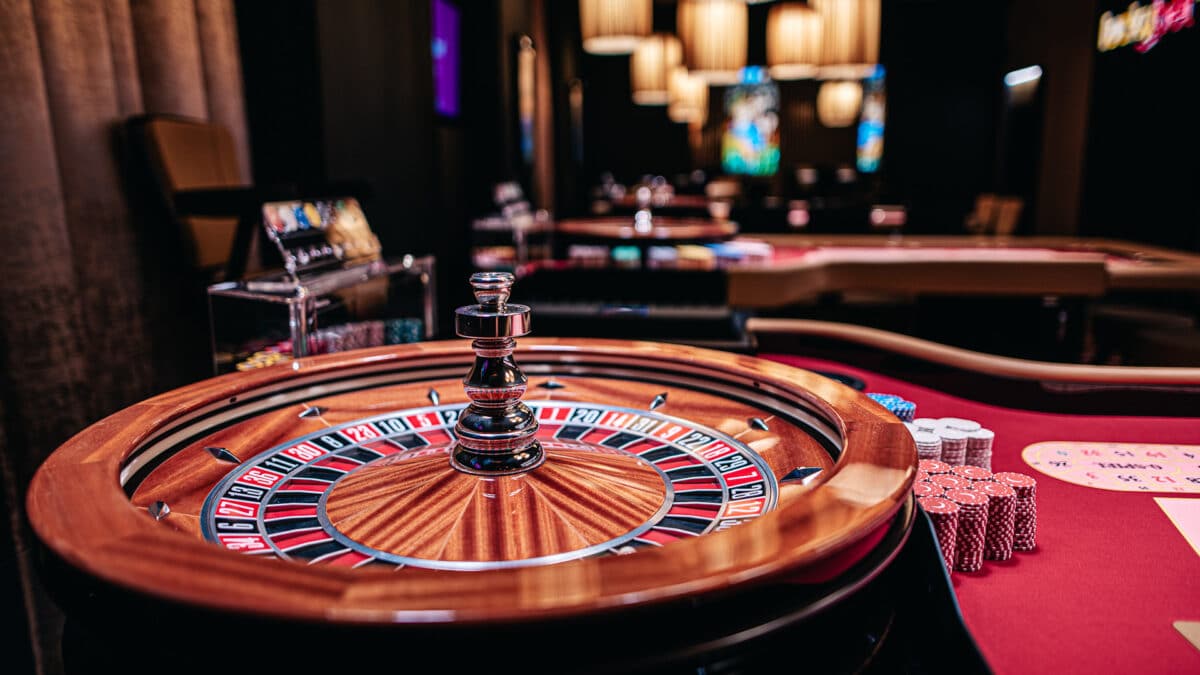
In the lively world of betting, gaming options have long enthralled the imagination of gamblers around the planet. casinò online non AAMS These options, including timeless table options like poker to the spinning reels of slot machines, offer an intriguing combination of randomness and tactics. While fortune undeniably plays a important role in shaping outcomes, the importance of expertise in many gambling activities cannot be ignored. Understanding how expertise shapes the game can improve not only a gambler’s enjoyment but also their odds of achievement.
As we dig into the mechanics of gambling games, it becomes apparent that some demand a solid grounding of knowledge and planning. Games like blackjack require more than mere chance; they call for critical thinking, psychological insight, and tactical decision-making. In contrast, other games, such as roulette and slot machines, are primarily determined by luck, allowing players to rely entirely on fortune. This distinction raises intriguing questions about what truly drives achievement in the world of casinos and how a participant’s abilities can tip the scales in their advantage.
Comprehending Expertise versus Luck in Casino Activities
Within the realm of casino games, the debate between skill and luck is a long-standing one. Several games are frequently categorized into two categories: those that depend predominantly on randomness, such as slots and the wheel, and those where skill plays a major role, like poker and 21. The distinction is important because it affects not only gameplay strategies but also the approach players take when engaging with these games. While luck can play a decisive role in the short term, skilled players can boost their chances of winning over the long run in skill-based games.
Skill-based games, particularly poker, demand players to understand odds, psychology, and game strategies. A seasoned poker player can read opponents, make strategic bets, and know when to fold, all of which can lead to more successful outcomes. On the other hand, in games that are purely chance-driven, no amount of skill can alter the odds. This means that although a player may win big in one session, their success may frequently be subject to the vagaries of chance results rather than any strategic expertise.
Ultimately, both skill and luck exist together in the world of casino games, forming a dynamic environment for players. While games of chance can provide excitement and instant gratification, proficiency and strategy in skill-based games offer a richer level of engagement for those willing to invest time in honing their craft. This interplay between skill and luck defines the journeys of players and shapes their relationship with the games they select to play.
The Impact of Ability on Casino Results
In the world of gambling games, ability plays a significant role in determining the results, especially in games where strategy and choices are paramount. For instance, in poker, competitors must examine opponents, calculate odds, and make calculated bets to maximize their chances of succeeding. Unlike games that depend purely on chance, such as slots or roulette, poker demands an understanding of both the game mechanics and the psychology of other participants, making expertise a critical component of success.
Other strategy-based games, like the game of blackjack, also underscore the significance of player skill. Knowledge of basic tactics, card counting, and when to hit or stand can dramatically influence the casino advantage. A skilled 21 player can reduce this edge and improve their odds of success significantly. This contrasts sharply with games that do not allow for such tactical play, demonstrating how the level of skill influences the potential for positive results.
Additionally, even within games considered primarily luck-based, like the game of craps, the decisions made by players can influence their overall performance. Choosing the right bets, understanding the likelihoods of different results, and managing one’s funds are essential factors that can enhance a player’s experience and results. Thus, while chance remains a component in casino games, skill can significantly affect how efficiently participants navigate these settings, leading to more favorable results.
Tactics for Proficient Play in Casinos
To succeed in casino games, players must develop a robust understanding of the regulations and probabilities involved in various games. This foundational knowledge enables individuals to make educated decisions, especially in skillful games like poker and 21. Familiarizing oneself with game tactics, such as card counting in 21 or recognizing wagering trends in Texas Hold’em, can significantly enhance a player’s chances of winning. Sharpening these tactics through mock games or low-risk games allows players to improve their skills without risking substantial amounts of cash at risk.
A further key approach is money management. Players should set a spending limit before going into the gaming establishment and adhere to it rigorously. This involves deciding how much they are willing to lose and setting limits on how much they will bet in every gaming session. By keeping a regulated approach to spending, players can maintain their play and reduce the risk of major losses. Additionally, taking breaks can help maintain a clear mind and prevent impulsive decisions that often lead to bad gameplay.
Ultimately, managing emotions is crucial in the intense environment of a gambling house. Players must be adept at controlling their emotions, particularly during periods of winning or defeats streaks. Staying attentive and not allowing emotions influence gameplay can lead to more rational decisions. Techniques such as taking deep breaths or walking away from the gaming table during intense moments can help maintain composure. By cultivating a balanced mindset, players can approach casino games with confidence and skill, ultimately improving their overall gaming experience and outcomes.
